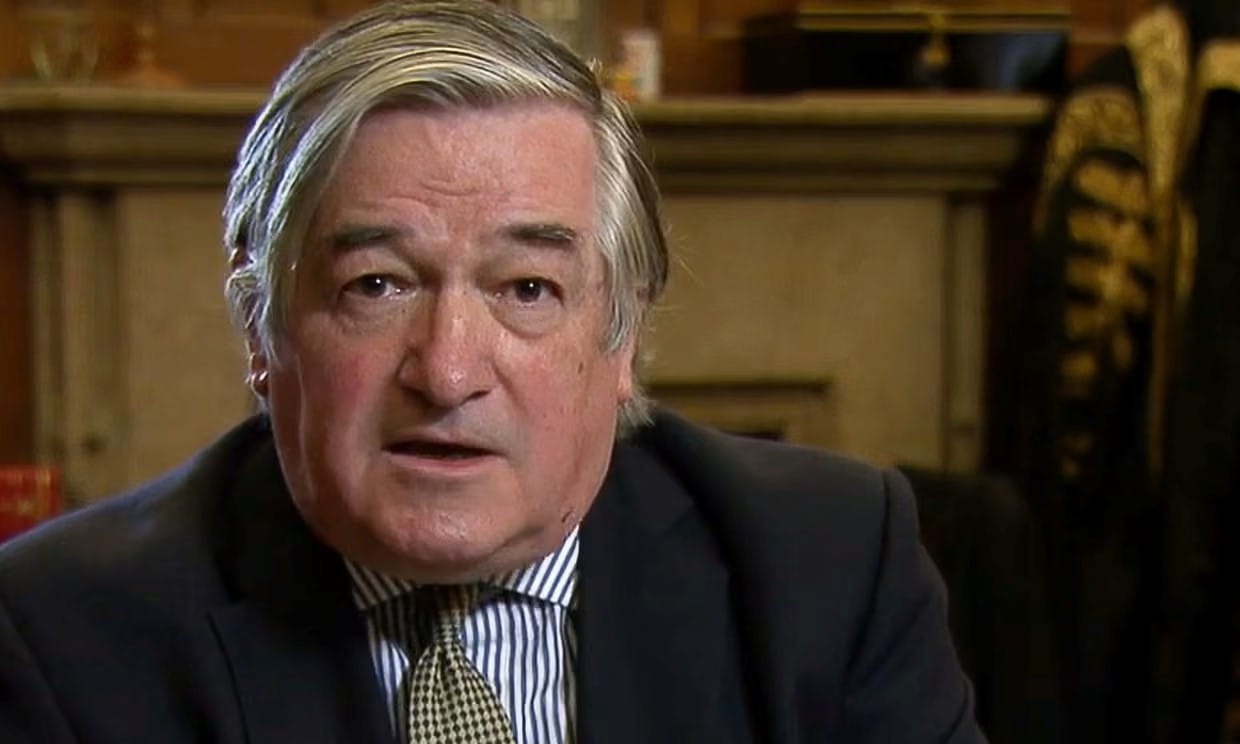PMC v Cwm Taf Morgannwg University Health Board [2025] EWCA Civ 1126
Sir Geoffrey Vos MR, Warby LJ and Whipple LJ allowed an appeal against the refusal of an anonymity order in a child's clinical negligence claim, confirming that courts retain a limited common law power to derogate from open justice where strictly necessary to protect vulnerable individuals.
Judgment date: 28 October 2025
https://caselaw.nationalarchives.gov.uk/ewca/civ/2025/1126
Sir Geoffrey Vos MR, Warby LJ and Whipple LJ. The Court of Appeal allowed an appeal against the refusal of an anonymity order in a child’s clinical negligence claim, confirming that courts retain a limited common law power to derogate from open justice where strictly necessary to protect vulnerable individuals.
The court clarified terminology at [2]: a Withholding Order (WO) prevents disclosure of a party’s or witness’s identity; a Reporting Restrictions Order (RRO) limits publication of material from proceedings; and an Anonymity Order (AO) combines both restrictions.
Background and procedural history
The claimant (‘PMC’), a 13-year-old child with severe cerebral palsy, was born in 2012 following admitted negligence during labour at one of the defendant’s hospitals [15]–[16]. Liability was conceded in 2016 and a consent judgment entered in November 2023, with a trial on quantum listed for December 2025; [16].
The claimant applied in November 2024 for an AO using the standard PF10 form, seeking to protect his identity and private medical information; [17]. The application was supported by evidence of prior media coverage in 2020 and 2021 that identified the claimant and his family, and which, according to the judge, made him ‘readily identifiable’ in his local area as a ‘high-profile victim of medical negligence’; [18]–[19], [23].
The defendant Health Board adopted a neutral stance. The BBC, represented by Luke Browne, opposed any restriction on reporting the name of the hospital or future settlement details; [20].
Procedural history
In the High Court, Nicklin J refused the application, holding that there was no jurisdiction to make a RRO in the absence of a WO under s 11 of the Contempt of Court Act 1981; [3]. He concluded that since the claimant’s name had already entered the public domain, derogation from open justice was unnecessary; [3].
The claimant appealed, supported by the Official Solicitor and the Personal Injuries Bar Association, with the BBC opposing; [7].
The court’s jurisdiction and reasoning
Sir Geoffrey Vos MR held that there exists a limited common law power to derogate from open justice in civil and family proceedings by making WOs and RROs within proceedings themselves; [8]. Section 11 of the 1981 Act does not extinguish the common law jurisdiction; it merely codifies a subset of cases where publication may be restricted; [8].
The court further confirmed that Dartford (JX MX v Dartford and Gravesham NHS Trust [2015] EWCA Civ 96) remains good law and binding authority, save that it applies specifically to AOs in approval applications under CPR 21.10; [9]. Its principles, however, extend by analogy to personal injury claims by children or protected parties; [9].
The court rejected the interpretation in Re Press Association [2013] 1 WLR 1979 that a s 11 order requires anonymity from the outset of proceedings, confirming that such orders may be made later if justified; [10].
Application to the present case
The court found that the judge had erred in refusing the AO. The claimant’s profound disabilities, lifelong dependence, and vulnerability to exploitation rendered anonymity necessary to protect his Article 8 rights and to ensure the proper administration of justice; [11].
While the claimant’s identity had previously been reported, this did not preclude a prospective AO preventing further disclosure or identification in future stages of the litigation; [23]. The order could not, however, operate retrospectively to compel removal of existing media reports; [11], [23].
The court emphasised that such orders must always represent the minimum derogation from open justice and should not impede legitimate reporting of the defendant’s conduct, liability issues, or the quantum of damages; [107]–[110].
Legal principles clarified
The court distilled the following propositions:
- Courts possess an inherent common law power to grant both WOs and RROs where strictly necessary to protect vulnerable individuals and the integrity of the judicial process; [83].
- Section 11 of the Contempt of Court Act 1981 supplements, rather than replaces, the common law power; [96].
- The test remains one of strict necessity, requiring a fact-specific balancing of Article 8 and Article 10 rights in accordance with Re S (A Child) [2005] 1 AC 593; [108].
- Dartford remains binding authority endorsing routine anonymity in approval applications for children and protected parties; [97]–[99].
Conclusion
The Court of Appeal allowed the appeal and granted a prospective anonymity order protecting the claimant and his family; [110]. It reaffirmed that the principle of open justice must yield where required to protect the privacy and dignity of severely injured minors, provided the restriction is proportionate, necessary, and confined to its purpose; [108]–[110].






